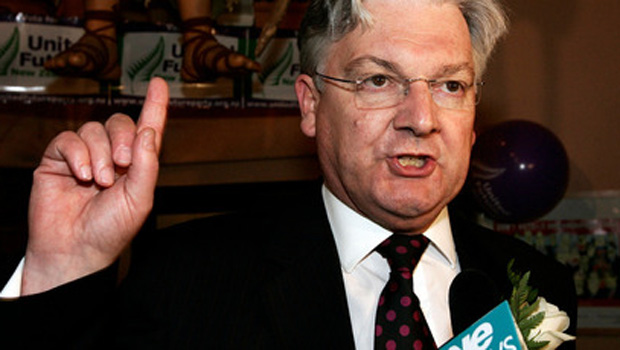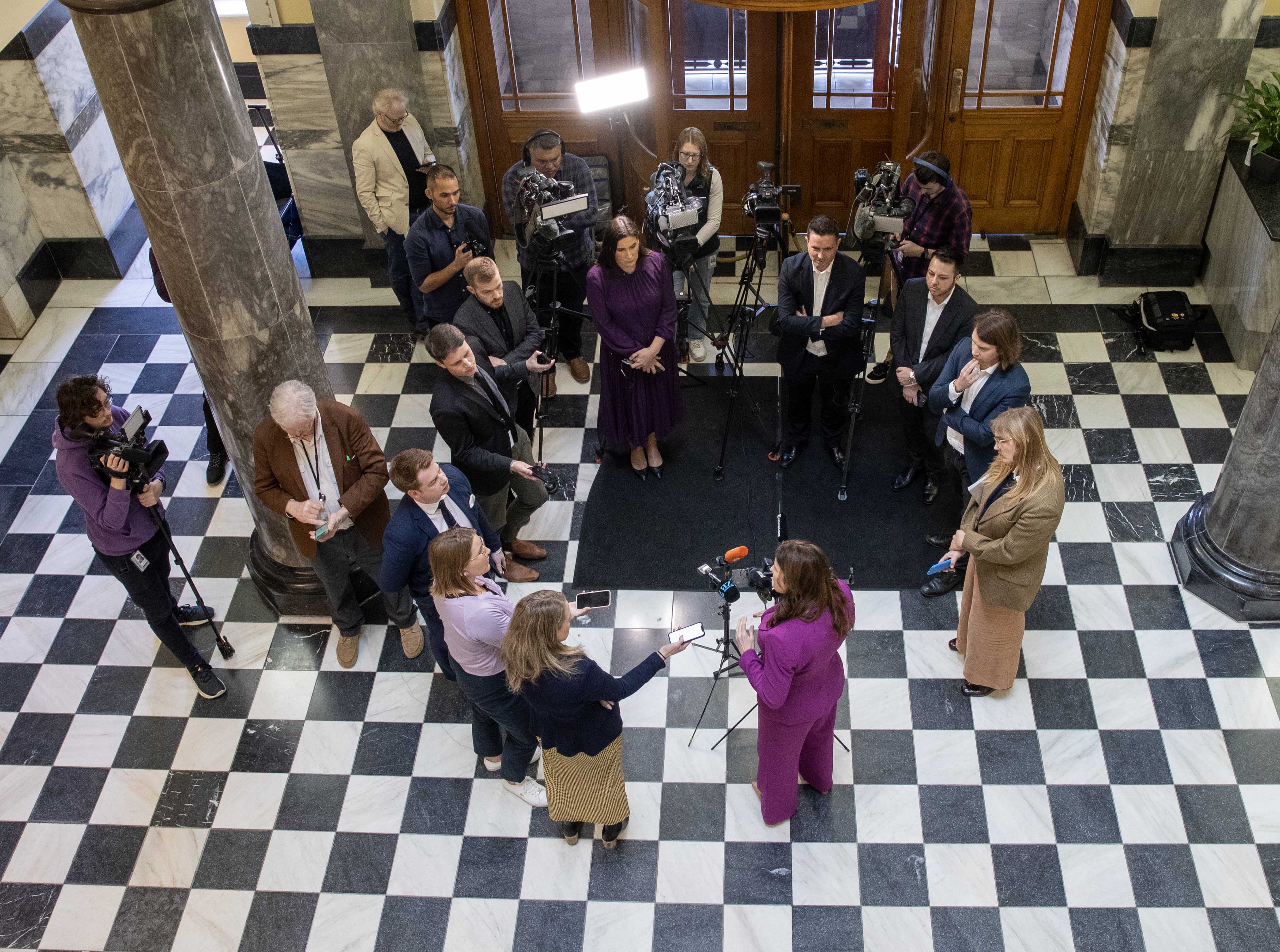
Political experts have questioned whether the Government has considered the broader picture of its agencies' progress and actions after the release of its latest action plan.
The 36-point action plan, considered by some to be the sequel to the Government's initial 100-day plan for its few months in office, includes reintroducing three strikes, creating a school attendance plan and delivering tax relief by June 30.
Prime Minister Christopher Luxon told Mike Hosking this morning that the actions have a tight focus.
"The 100-day plan worked well because it focused the Government and focused the public service - but I want the public to understand what we're committing to doing and they can see it upfront," said Luxon.
"And it's the same thing here - we have another 36 actions in this quarterly plan, a lot of our focus has to be on rebuilding the economy... restoring law and order and delivering better public services. We're going to be very disciplined about making sure those actions add up to do those things."
The structured, methodical approach of the coalition Government drew praise from political commentator, Peter Dunne - who this morning told Newstalk ZB that while Luxon's leadership style had a "gimmicky feel", his approach brought clear direction.
"It does set out a clear set of objectives that can be ticked off and what it also does is keep the National-led Government very in the forefront of the news, so its agenda’s out there," said Dunne.
"It's specific and it can be tested and speculated on - which leaves the opposition party floundering."

However, where Dunne drew concern from was his observation of government agencies becoming hyper-focused on the tasks assigned by leadership, creating doubt over whether progress was being measured in the grand scheme of things.
He said the laying out of specific priorities has meant that for each period, every agency is focused solely on accomplishing their objectives - meaning nothing else ultimately matters during that quarter.
"The bad is nobody is taking a big picture overview because they're too focused on the quarter or the quarter to follow," said Dunne.
"One of the criticisms during the first 100-day plan was that the departments were focusing much more on ticking those things off than, sort of, their big picture objectives. So that will be the thing to watch here. This is good momentum and action - but where's the big picture behind it?"
The 36-point plan was labelled "ambitious" by political expert Bridget Morten who said it contrasted to the Government's inaugural plan that only focused on the low-hanging fruit that could easily be reached.
She said the 100-day plan focused on getting rid of things and repealing legislation, whereas the new action points require the Government to make decisions that will make material difference.

When asked if the Government was getting pushback from the public due to the frequent announcements being made during the backdrop of a suffering economy, Morten said the Government would be aware of the effect on people's morale.
"There's very little they can do in the short term about the economy, this is what they've inherited, and these are the budget decisions they've got to go in with," she told Newstalk ZB.
"But I think with them it's a really difficult position and you've seen in the polls some of them aren't tracking the way they want it to, so this is them demonstrating they're doing everything they can while having very little they can change in the economy."
Hosking asked Luxon whether the Government had a sense of pushback within the public service against what his coalition leadership was trying to achieve. The Prime Minister called the experience "interesting".
He said New Zealand has always wanted a politically neutral public service and supports the plans and actions of any Government in power, no matter its colour.
"Obviously, you've seen some issues with leaks of recent times - people pushing back on us in that way and we want to see swift action on that, that has been happening on the three or four instances so far," he said.
"I think they're getting it. In fairness to the public service, there are some very good people in there, but I think if you don't have clarity at the political level and ministers aren't crystal clear on the things they're trying to do this year. You end up implementing a whole lot of stuff that isn't going to move the needle of improvement."
The new quarterly plan includes several commitments from the coalition agreements as well as National’s pre-election promises, including public service targets similar to what existed under former National Finance Minister Steven Joyce.
The plan reveals the Government’s priorities for the coming months, including restoring the Three Strikes law, establishing the $1.2 billion capital infrastructure fund for the regions, and putting some detail around the plan to grow the housing stock via council planning for the next 30 years.
However, the centrepiece of the next quarter will still be the Budget, which will be delivered on May 30.
Take your Radio, Podcasts and Music with you









